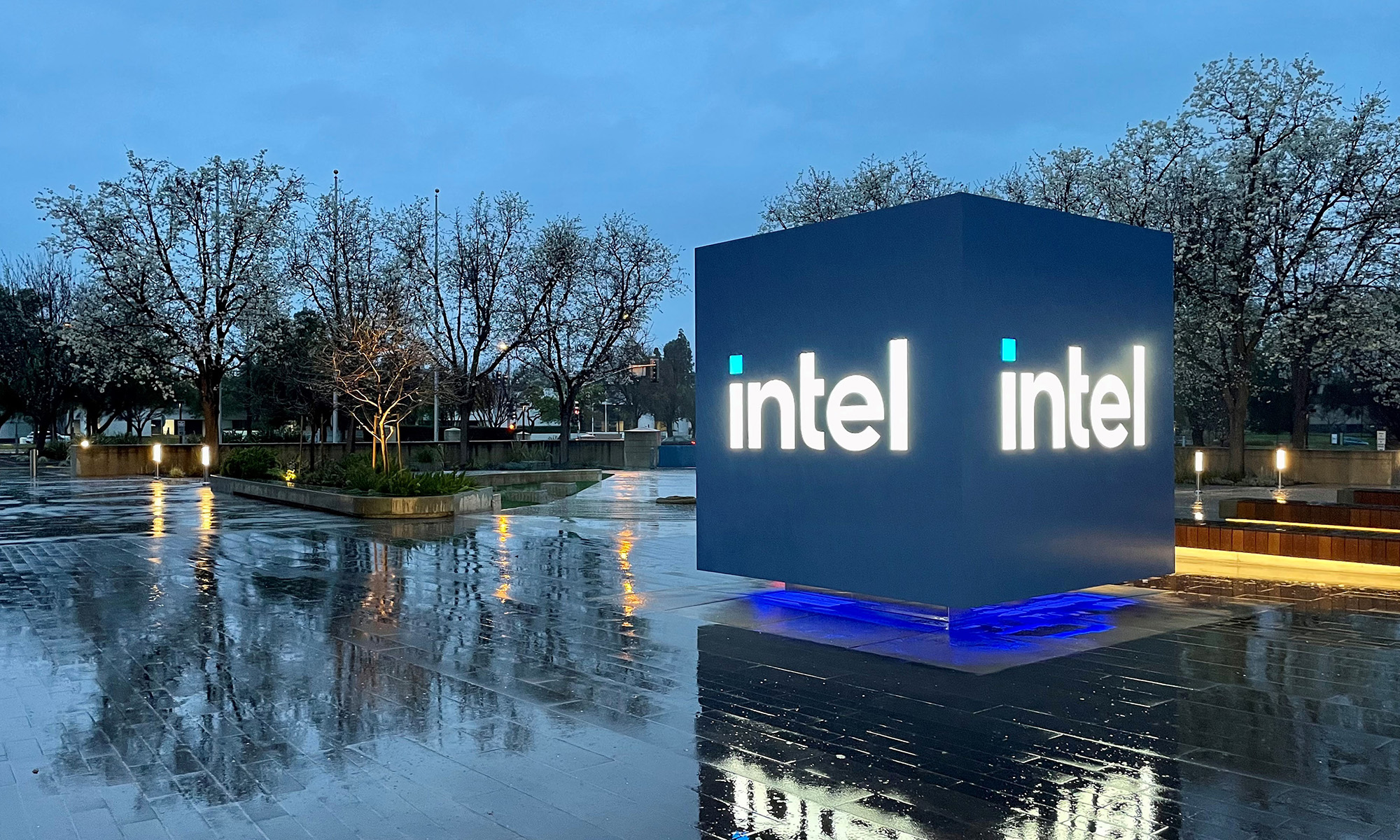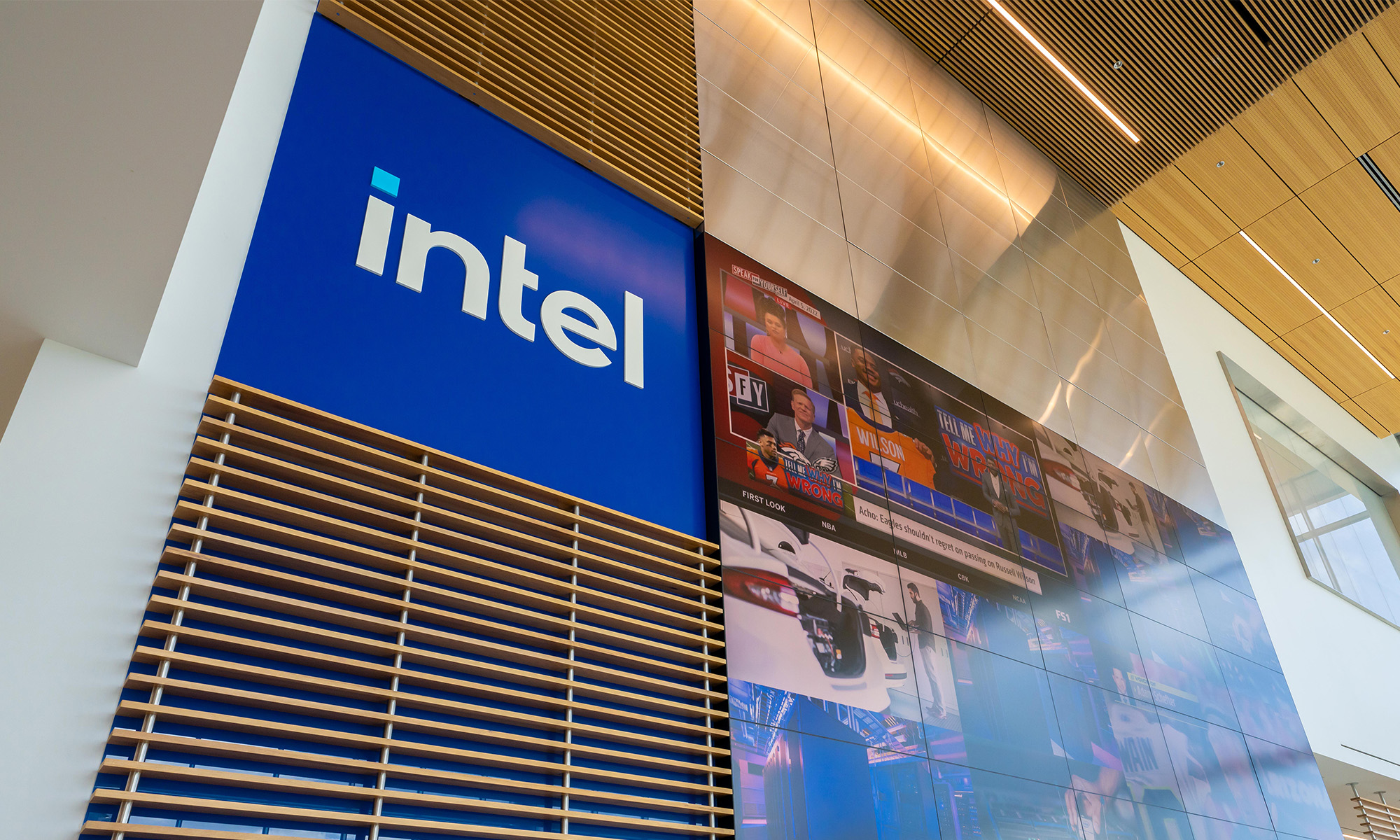
Image credit: Intel.
In addition to reporting financial results, microprocessor giant Intel (INTC +2.38%) announced that it will implement a significant restructuring action. This action is expected to result in the cutting of approximately 12,000 jobs -- 11% of the company's current workforce, according to Intel's press release, by mid-2017.
Let's take a closer look at what this restructuring action is intended to do and what it means for shareholders.
Sites will be consolidated; operating expense run-rate comes down significantly
Intel says this workforce reduction will be performed through a combination of "site consolidations worldwide, a combination of voluntary and involuntary departure, and a re-evaluation of programs." The chipmaker says most of these actions will be "communicated to affected employees over the next 60 days," though some of those actions will span "in to 2017."
All told, Intel says this program will save the company $750 million in operating expenses this year (though this will be more than offset by a one-time charge of $1.2 billion) and on an ongoing basis will cut operating expenses by $1.4 billion.
Refocusing the company
In the press release, Intel highlighted the growth areas in which it intends to increase investments:
"Through this comprehensive initiative, the company plans to increase investments in its data center, [Internet of Things], memory and connectivity businesses, as well as growing client segments such as 2-in-1 [PCs], gaming, and home gateways."
In light of the challenges that Intel faces in the broader, declining PC market, which makes up the bulk of the company's revenue and unit shipments, putting extra focus into areas that are growing makes sense.
Good for shareholders, a real bummer for the affected employees
This action is likely to be a positive for Intel's business over the long term. I suspect that in Intel's prior $12 billion-plus operating expense run rate there was a lot of inefficiency and perhaps a number of "long-shot" projects that are unlikely to pay off. When a business is performing well, this inefficiency can be overlooked.
However, when things get tough -- and though Intel is massively profitable, its revenues have been fairly stagnant and operating margins have been shrinking -- the focus inevitably shifts to trying to find "efficiencies."
This, unfortunately, means that hard-working employees who are, frankly, likely in no way responsible for the issues Intel is facing are going to lose their jobs. This is bad for those affected, and -- as my friend and fellow Fool Sean O'Reilly pointed out to me -- it can negatively affect the remaining employees. Morale companywide is likely to take a hit.
One more thing
In addition to 12,000 job cuts, Intel also announced that the company's longtime CFO, Stacy Smith, will "transition to a new role at the company, leading sales, manufacturing and operations once his successor is in place."
In other words, Smith will become the de facto chief operating officer, or COO. This should also give him a path to the CEO position once current CEO Brian Krzanich steps down. It will be much easier for the board of directors and shareholders to accept somebody who has experience "in the trenches" managing sales, manufacturing, and operations as CEO than as strictly a financial person.






